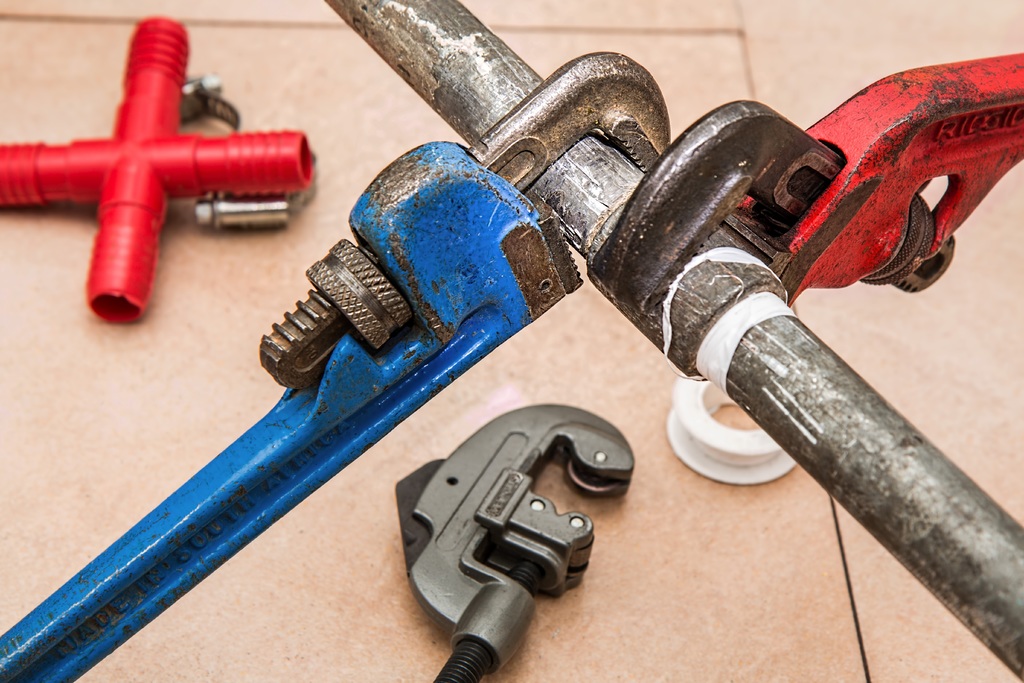If you’re a handy person and you’re comfortable working with tools, you can probably do some basic plumbing yourself. Tackling a plumbing project, yourself can save you money, and it can be a fun and rewarding experience.
However, it’s important to know your limits and to understand when it’s time to call in a professional.

There are a few things you can do to make sure your plumbing project goes smoothly. First, make sure you have all the necessary tools and supplies on hand before you start.
Second, familiarize yourself with the project you’re going to undertake. Read up on how to do it, and look at diagrams or YouTube videos if necessary. Third, take your time. Rushing a plumbing job is a recipe for disaster.
If you’re not sure whether or not you can handle a plumbing project, it’s always better to err on the side of caution and call in a professional.
A licensed plumber will be able to get the job done quickly and efficiently, and they’ll also be able to spot any potential problems that you might not be aware of. Also, you can find here affordable plumbers.
If you have a plumbing problem in your home and you’re not sure how to fix it, you may be tempted to try a “do it yourself” repair.
While there are some plumbing problems that you can fix yourself, it’s important to know your limits. Trying to fix a complicated plumbing issue can end up causing more damage and costing you more money in the long run.
That’s why it’s always best to call a professional plumber when you’re facing a plumbing problem. But if you’re determined to try a DIY repair, here are some instructions to help you get started.
This is the most important step! Before you do anything, you need to turn off the water to the affected area. Otherwise, you’ll just be wasting water (and money) while you try to fix the problem.
Read Also:
Once the water is turned off, take a look at the problem and try to identify what’s going on. Is there a leak? Is a pipe blocked? Once you know what the problem is, you can start to look for a solution.
Once you know what the problem is, it’s time to do some research.
As a beginner, there are certain mistakes that you should avoid when doing your own plumbing. Here are six of the most common mistakes:
Before you start any plumbing project, it’s important that you familiarize yourself with the tools you’ll be using. Not only will this make the job easier, but it will also help you avoid any accidents.
When it comes to plumbing, there are certain techniques that should always be used in order to avoid any damage to your pipes or fixtures. If you’re not sure how to properly use a tool, be sure to consult a professional before proceeding.
Before you start any plumbing project, it’s important to have a clear plan in mind. This will help you avoid any mistakes and will make the job go much smoother.
In order to avoid any plumbing disasters, it’s important to be prepared for anything. This means having all of the necessary tools on hand, as well as any replacement parts that you might need.
This is one of the most important things to know before starting any plumbing project. If you’re not sure where the main water shut-off valve is located, be sure to ask a professional or consult your local building code.
Plumbing can be dangerous, so it’s important to take the proper safety precautions. Be sure to wear protective gear, such as gloves and goggles, and be careful when using power tools.